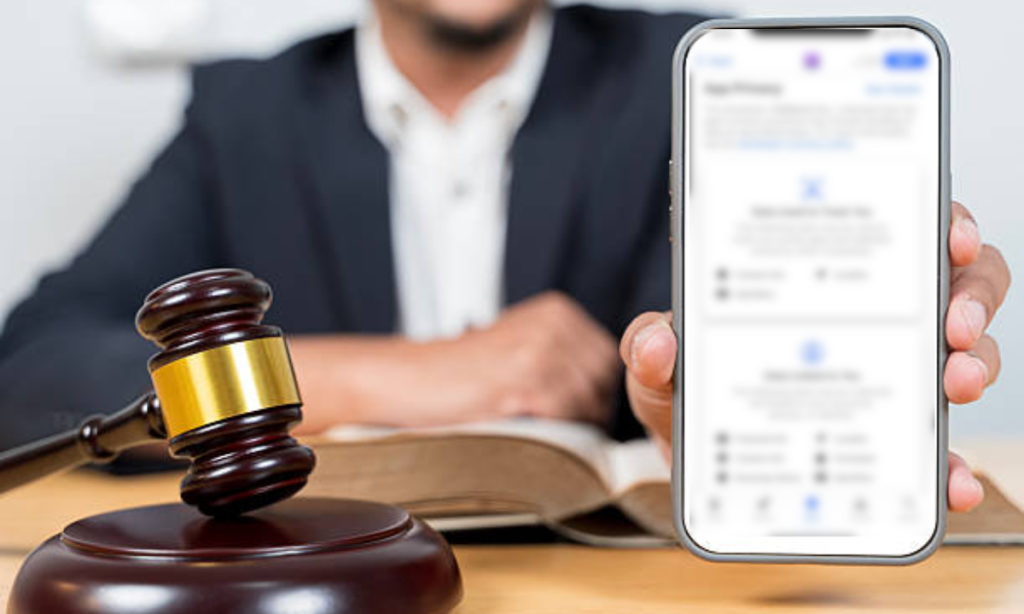Introduction
In a significant development that underscores the ongoing global debate between privacy rights and law enforcement powers, Apple Inc. has reportedly refused to unlock an iPhone in connection with a criminal investigation in India. The matter has attracted considerable attention from legal experts, privacy advocates, and tech commentators alike, sparking fresh discourse on the boundaries of user privacy, digital evidence, and the scope of cooperation from global technology giants in Indian criminal proceedings.
Background of the Case
According to publicly available sources and reports from court proceedings, Indian law enforcement agencies investigating a high-profile criminal matter sought Apple’s assistance in unlocking an iPhone belonging to one of the accused. The investigation team believes the device stores critical information relevant to the case.
Despite requests from investigative authorities, Apple refused to provide access to the encrypted contents of the iPhone, citing its global privacy framework and end-to-end encryption protocols. Apple maintained that it does not possess a “backdoor” to access user data and emphasized its longstanding commitment to protecting user privacy, irrespective of jurisdiction.
Apple’s Privacy Stance
Apple’s refusal is consistent with its global position. In numerous cases across the United States and Europe, Apple has declined to cooperate beyond the limits of lawful data-sharing, especially when such cooperation would compromise device encryption. Apple has repeatedly asserted that creating a backdoor for government access—even in isolated cases—would set a dangerous precedent and jeopardize the privacy of all users.
In India, Apple has stated that it complies with all legally valid requests for data that are part of its stored services, such as iCloud backups, if available. However, the company draws a firm line when it comes to on-device encrypted data, which, by design, even Apple cannot decrypt.
Legal and Constitutional Implications in India
This development raises important legal questions under Indian law:
1. Right to Privacy (Article 21 of the Constitution):
As upheld in the landmark Puttaswamy v. Union of India case, the right to privacy is a fundamental right. Apple’s refusal safeguard this constitutional right, especially against arbitrary intrusion by the state.
2. Section 91 of the CrPC (Code of Criminal Procedure):
Law enforcement agencies have the power to summon documents or electronic evidence. However, when data is technically inaccessible—even by the custodian—Section 91 may have limited reach.
3. Information Technology Act, 2000:
Under sections 69 and 69A, the government can intercept, monitor, or decrypt information in the interest of national security or criminal investigations. Yet, these provisions require a reasonable nexus with public interest and are subject to procedural safeguards.
4. Data Protection Considerations:
With the implementation of the Digital Personal Data Protection Act, 2023, this case gains further relevance. The Act reiterates the need for data fiduciaries to protect personal data and comply with principles of purpose limitation, lawful processing, and minimal disclosure.
Judicial Observations and Public Interest
In hearings before the appropriate Indian court (details pending full publication), the judiciary took note of Apple’s global privacy stance. While no final order has been issued compelling Apple to unlock the device, the matter is expected to set a precedent for future cases where law enforcement needs access to encrypted digital evidence.
Importantly, the court also acknowledged the growing need to balance state interests in crime investigation with the individual’s fundamental right to privacy, especially in a digital world dominated by foreign tech companies.
Global Precedents and Relevance to India
This case bears similarity to the 2016 dispute between Apple and the FBI in the United States, where Apple refused to unlock an iPhone belonging to a shooter involved in the San Bernardino terrorist attack. In that case too, Apple’s refusal was grounded in broader privacy concerns, despite immense political and public pressure.
The Indian scenario demonstrates that such conflicts are no longer limited to Western democracies. As India becomes a major digital hub, the Indian legal system will be called upon more frequently to resolve complex disputes involving privacy, encryption, and cross-border data access.
Conclusion
The Apple case in India has brought to the fore a pressing issue at the intersection of law, technology, and fundamental rights. As Indian courts deliberate on the appropriate course of action, the outcome may well define the contours of digital privacy and law enforcement cooperation in the years to come.
It also poses a crucial challenge for policymakers: How can India ensure justice and effective investigation while upholding the highest standards of individual privacy and data protection? The answer will shape the future of tech-regulation in the country.





